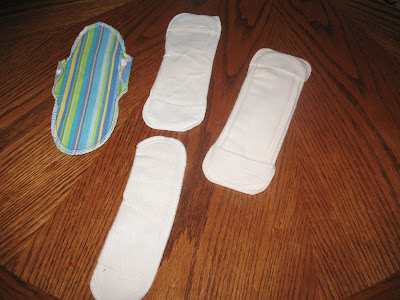This year Craig and Marc encouraged youth to save their pennies and take them to the Royal Bank to help provide water for those in developing countries who have water sources to which they have long distances to carry our precious life source back to their homes or for those whose water sources are closer to home but the water is not clean and safe to drink.
 We know the power of pennies for it was by saving pennies in a jar that we started to help our Kenyan friend and "son" Ronnie Mdawida pursue further university education in order to help the people of his home village of Wongonyi, in southeastern Kenya, and all people of Kenya to a better quality of life. So we began by simply putting pennies in a jar and The Ronnie Fund was started. We later expanded to using this penny bank our son Jeremy recieved. We are not a wealthy family but we felt blessed by the life we have here and were inspired by Ronnie's desire to help his people. We can tell you that it doesn't take long for that small and what some people consider insignificant coin to add up to making important social change. And as Ronnie started to help his village and we began to tell his story and ours, others joined with us individuals, churches businesses. Now six years later we are making a difference in people's lives, one person at a time through educational scholarships, microfinance, Biosand Water Filter project, Health care resources, new homes for widows, clothing and supplies for orphans, Sere Girls Club and Agricultural Tools and training for sustainability.
We know the power of pennies for it was by saving pennies in a jar that we started to help our Kenyan friend and "son" Ronnie Mdawida pursue further university education in order to help the people of his home village of Wongonyi, in southeastern Kenya, and all people of Kenya to a better quality of life. So we began by simply putting pennies in a jar and The Ronnie Fund was started. We later expanded to using this penny bank our son Jeremy recieved. We are not a wealthy family but we felt blessed by the life we have here and were inspired by Ronnie's desire to help his people. We can tell you that it doesn't take long for that small and what some people consider insignificant coin to add up to making important social change. And as Ronnie started to help his village and we began to tell his story and ours, others joined with us individuals, churches businesses. Now six years later we are making a difference in people's lives, one person at a time through educational scholarships, microfinance, Biosand Water Filter project, Health care resources, new homes for widows, clothing and supplies for orphans, Sere Girls Club and Agricultural Tools and training for sustainability. Our newest project is the Mghongo Leadership Centre, Eco Lodge and Demonstration Farm that once built will provide quality educational training on a variety of topics including Agriculture, Health and Nutrition, Water and Sanitation, Teacher Training, Leadership and Youth programming and much more.
Our meeting with Ronnie when he came to live with our family for three months in 2005 as a participant in the Canada World Youth Program has changed our lives in ways we could never have imagined. And it all started with pennies in a jar to help one young man to further his education but has resulted in really helping him to achieve his dream of providing quality village life in Kenya.We have made life long friends in this remote hilltop village that I know will endure forever.
Some people are hesitant to help others or just too overwhelmed by the poverty of the world but if we each help just one other person, who in turn will help one other person and so on, and so on, just imagine a world of peace and equality for all.
YOU CAN DO IT! WE ARE DOING IT!
As the Dalai Lama said"
Ronnie giving an inspirational talk to 150 youth attending a Youth Barazza in Wongonyi Village telling them to never give up their dreams despite the hardships they may be facing. Ronnie faced those same challenges coming from a childhood of poverty to achieve his BA in Rural Sociology and is now working on his MA, transferring his knowledge to a new generation of Kenyan youth.


















